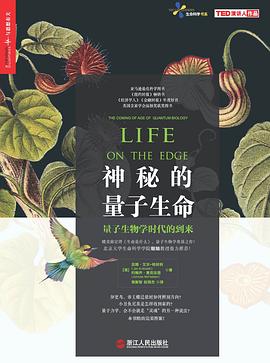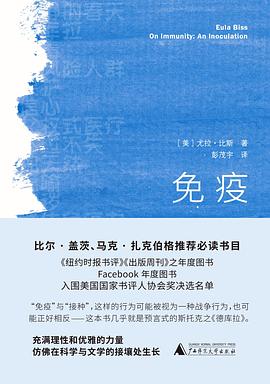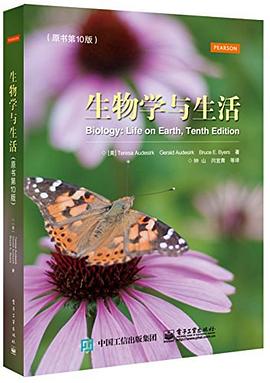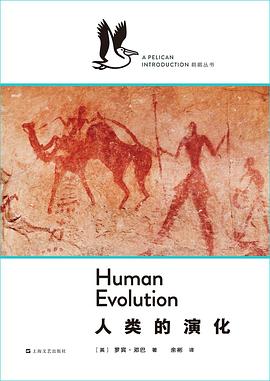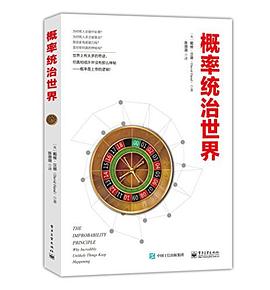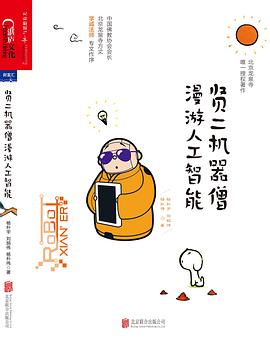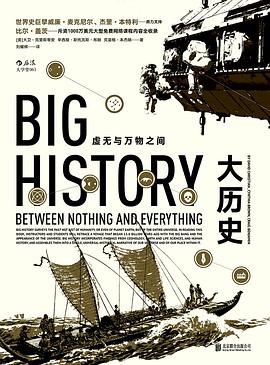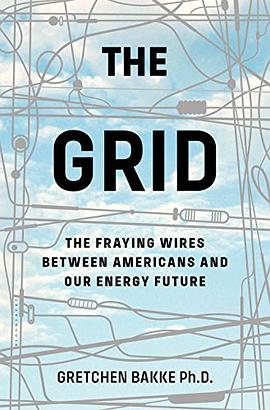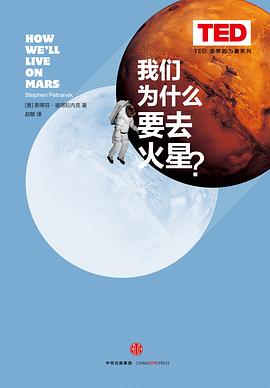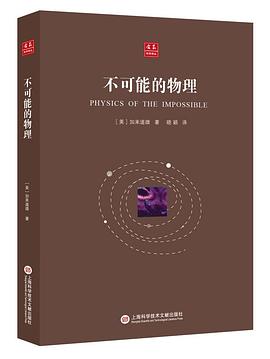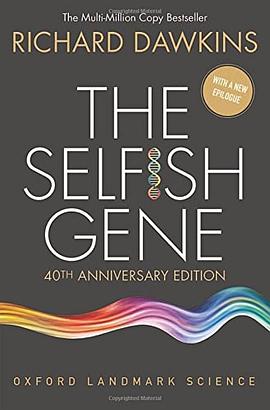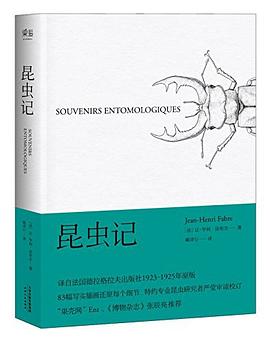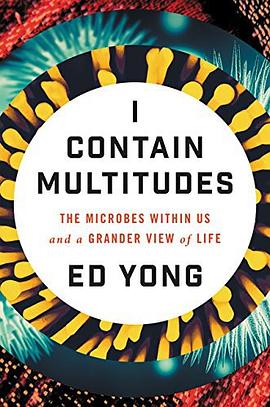

具體描述
A groundbreaking, marvelously informative “microbe’s-eye view” of the world that reveals a radically reconceived picture of life on earth.
For most of human existence, microbes were hidden, visible only through the illnesses they caused. When they finally surfaced in biological studies, they were cast as rogues. Only recently have they immigrated from the neglected fringes of biology to its center. Even today, many people think of microbes as germs to be eradicated, but those that live with us—the microbiome—are invaluable parts of our lives.
I Contain Multitudes lets us peer into that world for the first time, allowing us to see how ubiquitous and vital microbes are: they sculpt our organs, defend us from disease, break down our food, educate our immune systems, guide our behavior, bombard our genomes with their genes, and grant us incredible abilities. While much of the prevailing discussion around the microbiome has focused on its implications for human health, Yong broadens this focus to the entire animal kingdom, giving us a grander view of life.
With humor and erudition, Ed Yong prompts us to look at ourselves and our fellow animals in a new light: less as individuals and more as the interconnected, interdependent multitudes we assuredly are. When we look at the animal kingdom through a microbial lens, even the most familiar parts of our lives take on a striking new air. We learn the secret, invisible, and wondrous biology behind the corals that construct mighty reefs, the glowing squid that can help us understand the bacteria in our own guts, the beetles that bring down forests, the disease-fighting mosquitoes engineered in Australia, and the ingredients in breast milk that evolved to nourish a baby’s first microbes. We see how humans are disrupting these partnerships and how scientists are now manipulating them to our advantage. We see, as William Blake wrote, the world in a grain of sand.
I Contain Multitudes is the story of these extraordinary partnerships, between the familiar creatures of our world and those we never knew existed. It will change both our view of nature and our sense of where we belong in it.
著者簡介
Ed Yong is an award-winning science writer on the staff of The Atlantic. His blog Not Exactly Rocket Science is hosted by National Geographic, and his work has also appeared in The New Yorker, Wired, the New York Times, Nature, the BBC, New Scientist, Scientific American, the Guardian, the Times, Aeon, Discover, The Scientist, Slate, Mosaic, and Nautilus. He splits his time between London and Washington DC. You can find him on twitter @edyong209 and sign up to his weekly newsletter, The Ed’s Up, on http://tinyletter.com/edyong209/.
圖書目錄
讀後感
第一章刚开始读,但已经被这新颖的认识世界方式给吸引住了。 微生物在地球上已经生存了35亿年甚至更久,是地球大气层的创造者,是地球万千生物的共生伙伴,我们每个人体内都有将近40万亿数量的微生物。 最近一年爆发新冠,有人给出了一个有意思的比喻:如果地球是一个有机体,...
評分 評分对于形体微小、构造简单、要在高倍数显微镜下才能看清面貌的微生物,我们看似熟悉实则陌生。我们知道它们藏在我们身体的肠胃等部位,参与消化等生命运作过程,但对它们到底产生多大的作用,却并不完全清楚,甚至很多人直接忽视了微生物的存在,认为它们可有可无。 也许这正是英...
評分自闭症患者又被称为“星星的孩子”,他们“有视力却不愿和你对视,有语言却很难和你交流,有听力却总是充耳不闻,有行为却总与你的愿望相违……”就像星星一样独自闪烁,难以与外人交流。 但是,你可曾知道,脑病其实可以用肠医的。 小鼠也会得自闭症?! 那是2001年的事了,神...
評分这是一本特别好的科普书,推荐所有人阅读。它清楚地讲述了微生物在地球上的历史,与其他生命的关系,以及当人类越来越了解它们之后,所展现出来的种种新可能。我很喜欢这本书,不只是因为它讲得明白晓畅,故事引人入胜,还因为它所讲述的知识确实十分重要,与我自己的生活,与...
用戶評價
微生物的作用;絕大多數對我們無害,可以共生;利用好微生物有利於我們更好地生存
评分聽的audible. 不喜歡narrator的風格,感覺跟趕集一樣。
评分聽的audible. 不喜歡narrator的風格,感覺跟趕集一樣。
评分挺有意思,總之就是 blame the microbes, thanks to the microbes
评分有意思!
相關圖書
本站所有內容均為互聯網搜索引擎提供的公開搜索信息,本站不存儲任何數據與內容,任何內容與數據均與本站無關,如有需要請聯繫相關搜索引擎包括但不限於百度,google,bing,sogou 等
© 2025 book.quotespace.org All Rights Reserved. 小美書屋 版权所有



